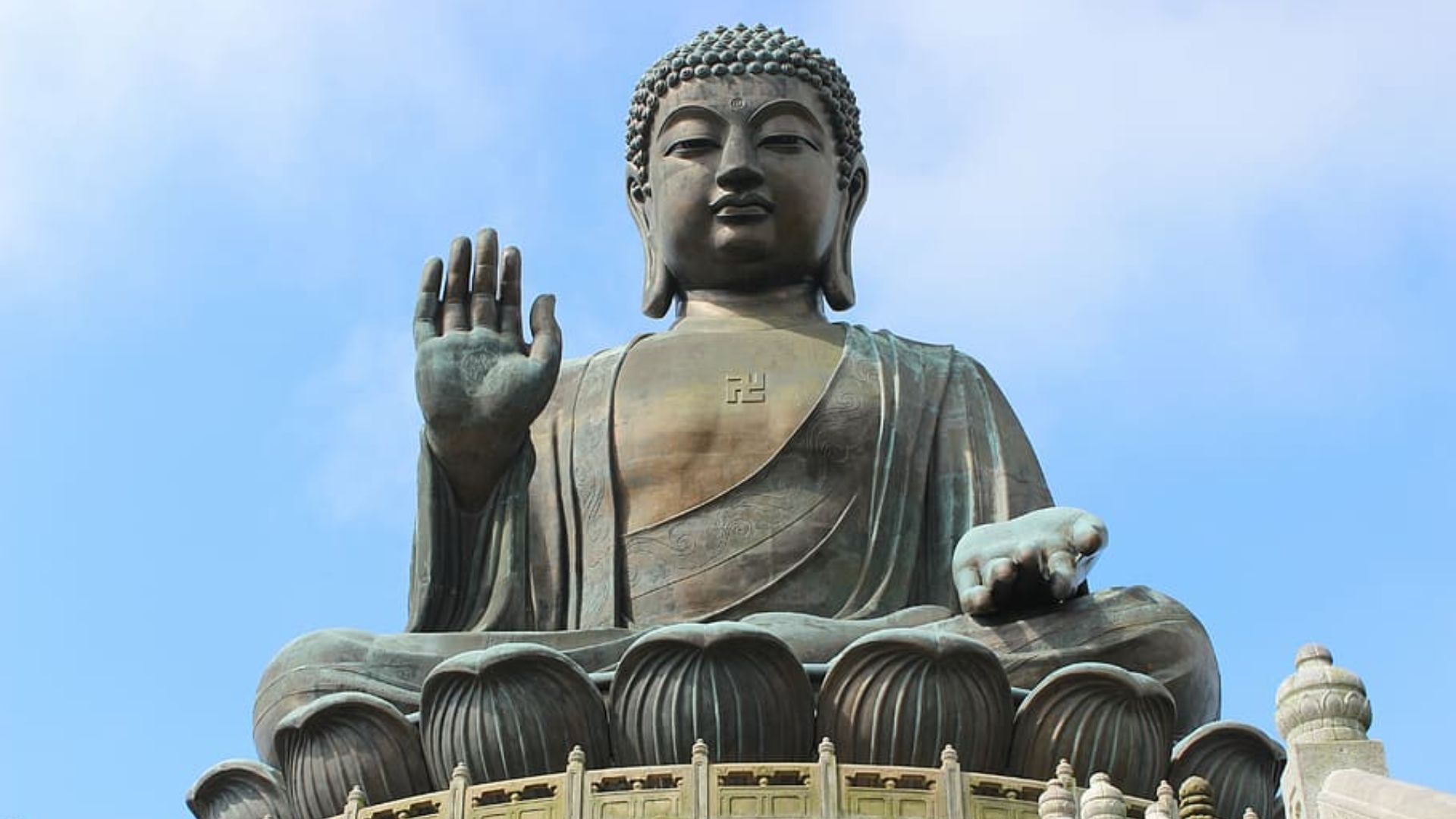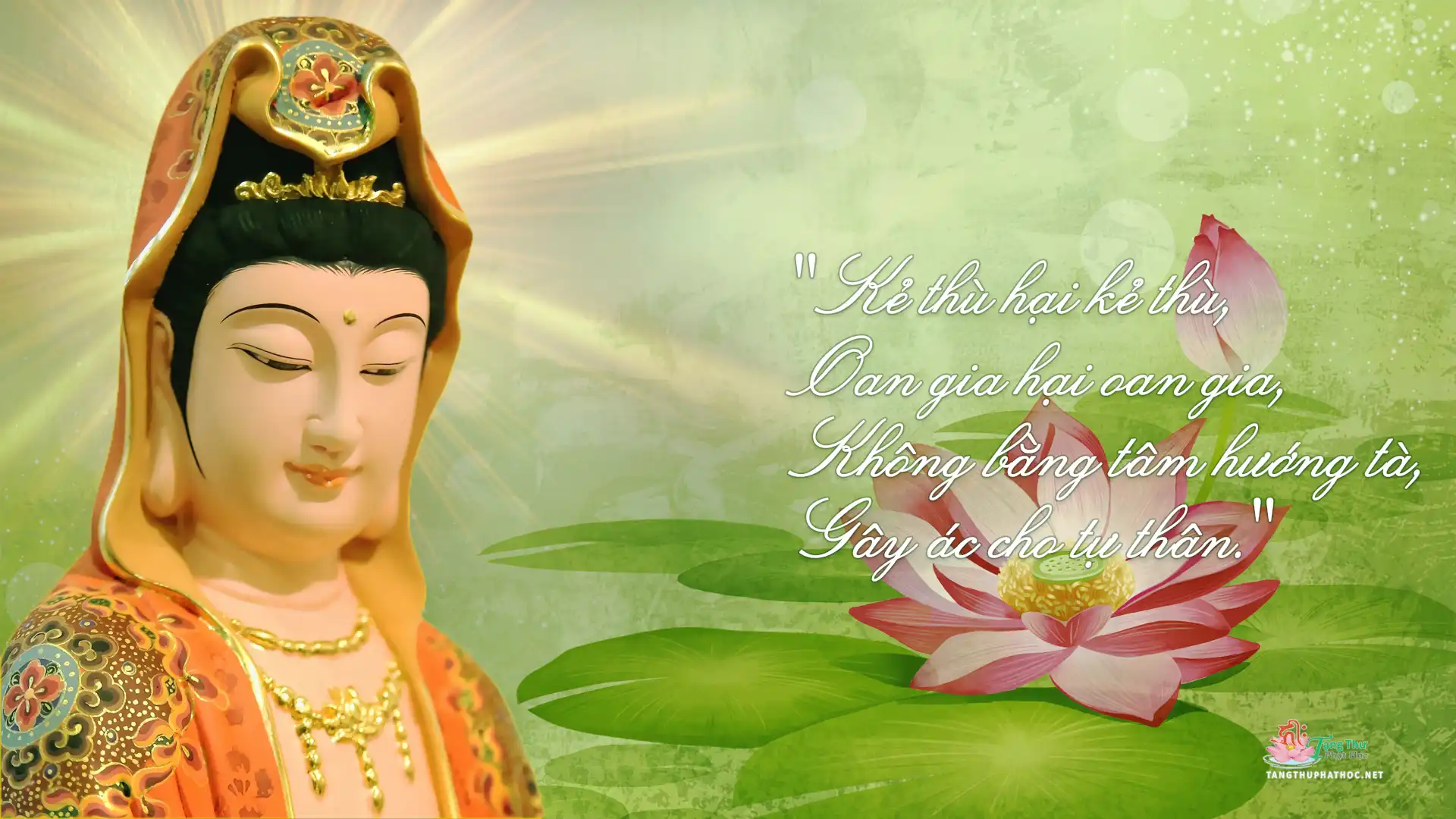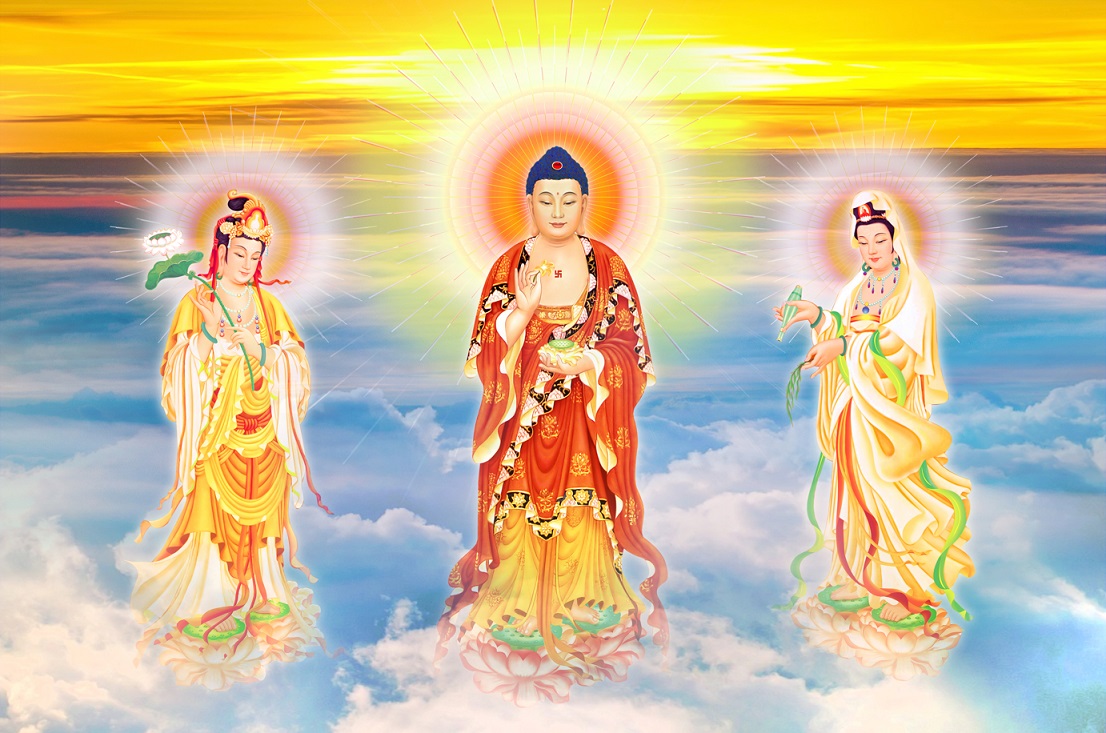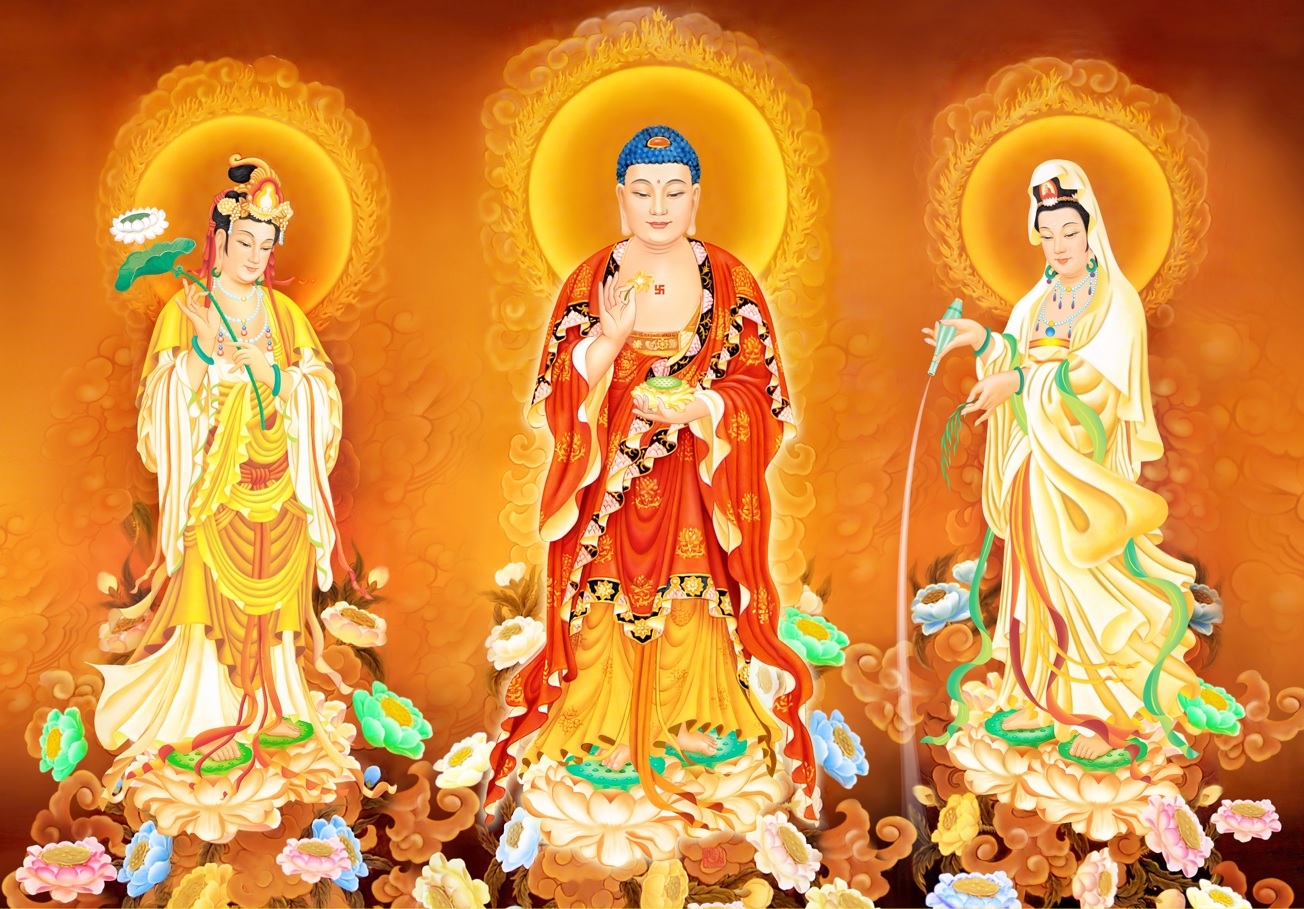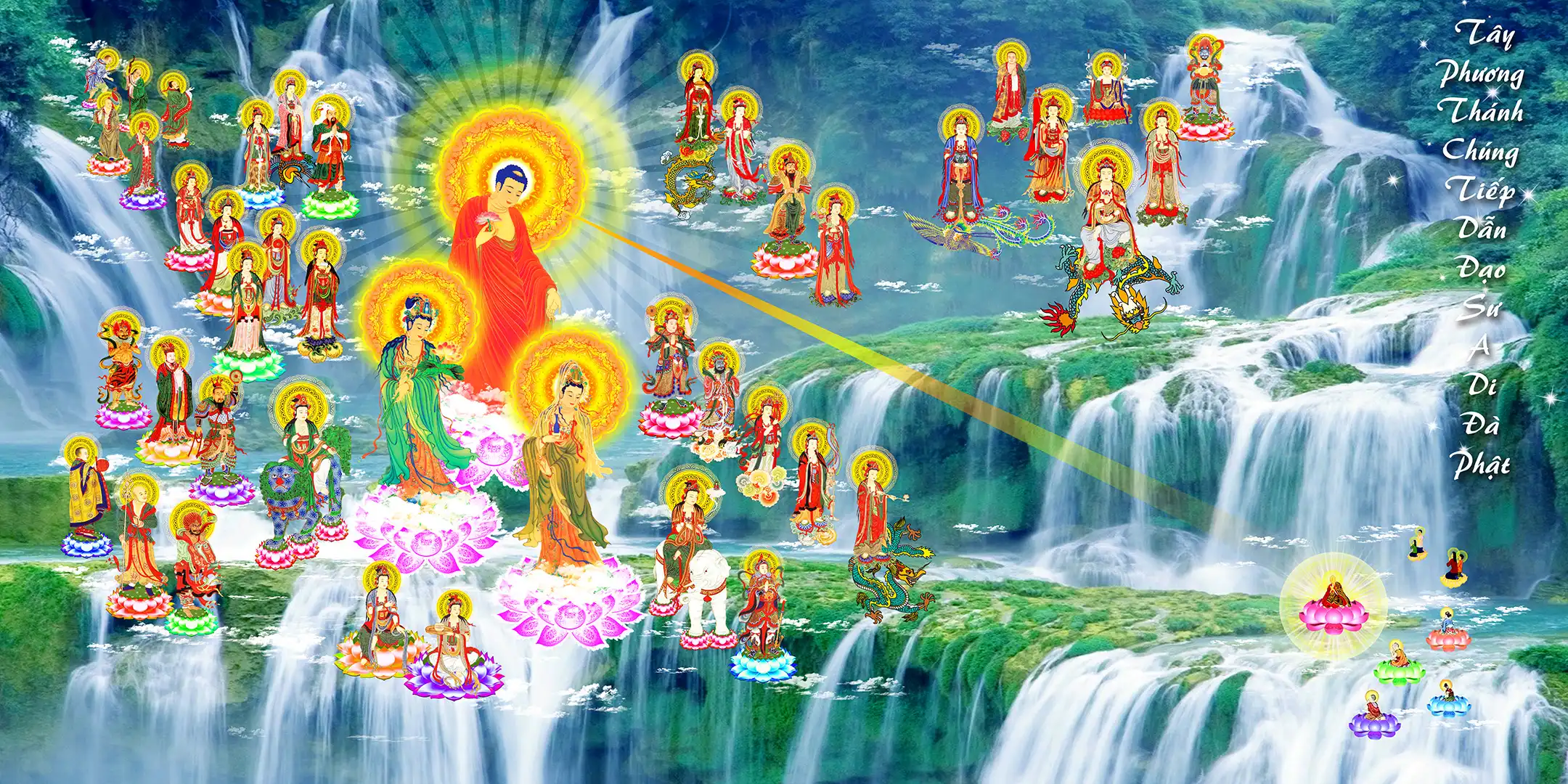Hiri Sutta
(On Friendship)
Sutta Nipata II.3
Translated from the Pali by John D. Ireland
“One who, overstepping and despising a sense of shame, says, ‘I am your friend,’ but does not take upon himself any tasks he is capable of doing, is to be recognized as no friend. One who speaks amiably to his companions, but whose actions do not conform to it, him the wise know for certain as a talker not a doer. He is no friend who, anticipating conflict, is always alert in looking out for weaknesses. [1] But he on whom one can rely, like a child sleeping on its mother’s breast, is truly a friend who cannot be parted from one by others.
“One who bears the human burden of responsibility, with it fruits and blessings in mind, he cultivates a cause [2] of joy and happiness worthy of praise. Having tasted the flavor of solitude and peace one is free from fear and wrong-doings imbibing the rapture of Dhamma.”
Notes
1. Such a person dislikes to be reproved, and when an occasion for this occurs he would wish to have a weapon with which to retaliate, and therefore, he takes note of one’s weaknesses.
2. According to the Commentary, this joy-producing cause is strenuous effort (viriya).





